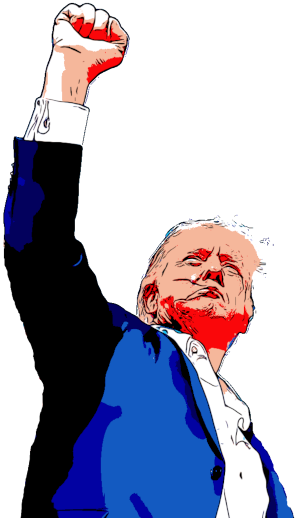HHS Undergoes Major Restructuring Under RFK Jr.'s Leadership
The Department of Health and Human Services (HHS) is undergoing a significant transformation under the guidance of Secretary Robert F. Kennedy Jr., aiming to reduce bureaucratic inefficiencies and focus on core health missions.
In a bold move to align with President Donald Trump’s executive order on government efficiency, the Department of Health and Human Services (HHS) has initiated a comprehensive restructuring. This overhaul, which began with mass layoffs on Tuesday, is expected to reduce the number of federal health employees from 82,000 to 62,000, as reported by Fox News. The changes are part of a broader initiative to streamline operations and cut costs, with an anticipated annual savings of $1.8 billion for taxpayers.
HHS Secretary Robert F. Kennedy Jr., a vocal critic of certain food industry practices, has been at the forefront of this restructuring. He stated that the department is not only aiming to reduce bureaucratic sprawl but also to realign its focus towards combating the chronic disease epidemic. This initiative is encapsulated in the new slogan, ‘Make America Healthy Again.’
The restructuring involves consolidating several agencies under the newly formed Administration for a Healthy America (AHA), which will merge entities like the Office of the Assistant Secretary for Health and the Substance Abuse and Mental Health Services Administration. Additionally, the number of HHS divisions will be reduced from 28 to 15, and regional offices will be cut down from 10 to 5.
A key aspect of the restructuring is the emphasis on addressing chronic illnesses through improved access to clean food, water, and air, and the elimination of environmental toxins. The Centers for Disease Control and Prevention (CDC) will gain additional authority by absorbing the Administration for Strategic Preparedness and Response (ASPR), enhancing its capacity to handle national disaster and public health emergencies.
Despite the anticipated benefits, the restructuring has stirred controversy. Hundreds of federal health employees reportedly lined up outside the HHS building to learn their employment status. Former FDA Commissioner Dr. Robert Califf expressed concerns over the loss of institutional knowledge and leadership, suggesting that the changes could have long-term negative impacts on the agency’s effectiveness.
As HHS continues to navigate this significant transformation, the focus remains on enhancing service delivery and public health outcomes while reducing operational costs. The success of these efforts will be closely watched by both supporters and critics of the administration’s approach to government efficiency.

